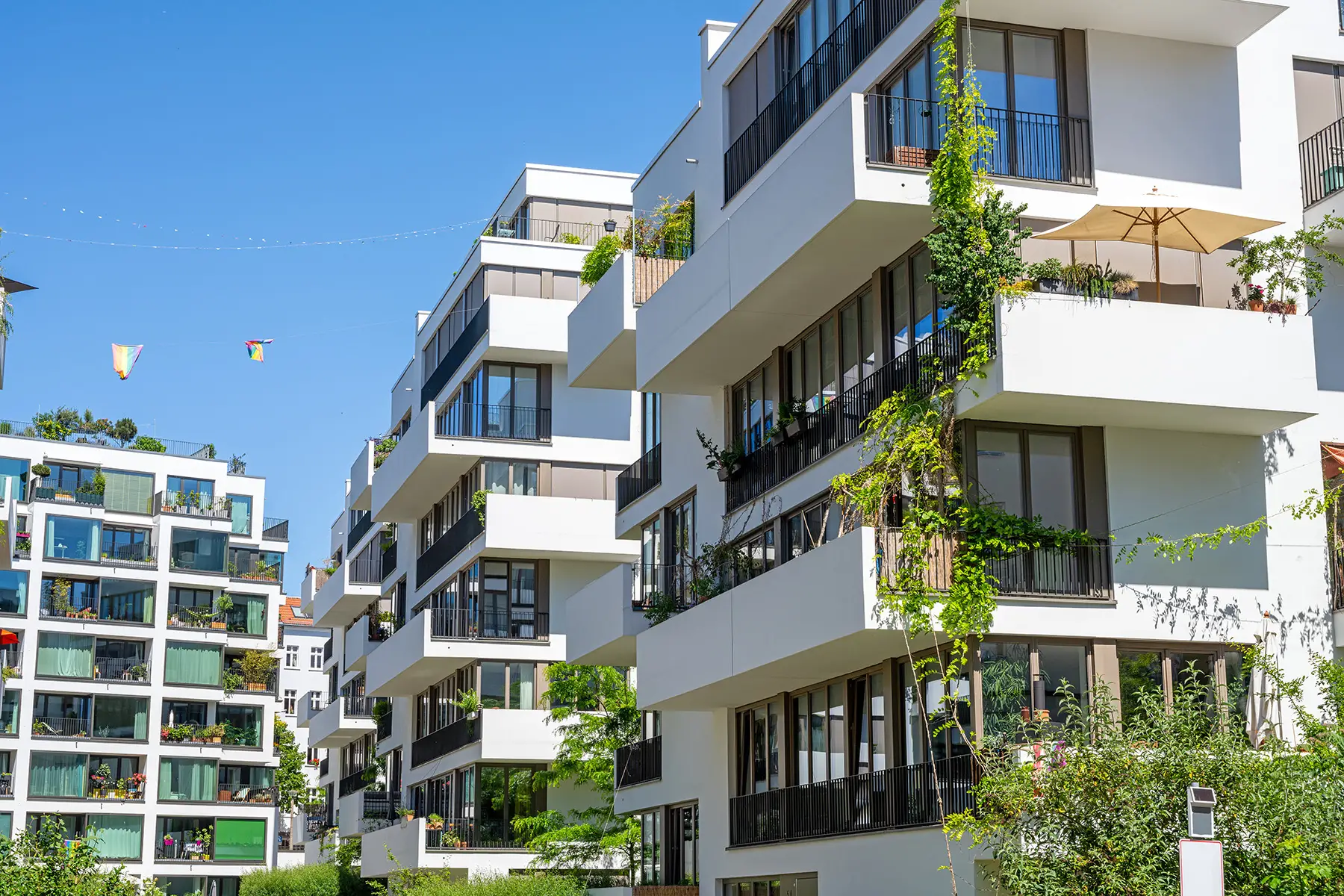Renting is very common in Germany, with many residents renting a single property for years or even decades. Tenants are well-protected, with laws in place around evictions and rent increases. However, renting a home can be expensive in some German cities.
Read on to learn about the basics of renting in Germany, including advice on the following:
- Renting in Germany: facts and figures
- Popular places to rent in Germany
- Renting vs buying in Germany
- German types of rental property
- How to finding a place to rent
- Student housing in Germany
- How to rent a property in Germany
- What are typical rental costs in Germany?
- Does Germany have social housing?
- Rental or tenancy contracts in Germany
- Utilities and telecommunications in Germany
- Moving in and moving out of a rental home
- Property-owners in Germany: how to rent out your home
- Tips for people renting in Germany
- Useful resources
Hypofriend
Buying a home in Germany? The certified German mortgage broker Hypofriend can help. They combine advanced algorithms to tailor the right mortgage product to your personal circumstances. Unlike most comparison websites, they do not solely focus on the cheapest product, but on the product that is right for you, ensuring long-term financial security.
Renting in Germany: facts and figures
While most European Union (EU) countries have a larger share of people living in households that they own, renting is commonplace in Germany. Data from Eurostat shows 52% of people in Germany rent (2023), compared to an EU average of just 31% (2022).
Additionally, more than half (56%) of Germans live in apartments rather than houses, well above the EU average of 43%. This statistic means that family homes can be harder to find, especially in urban areas.
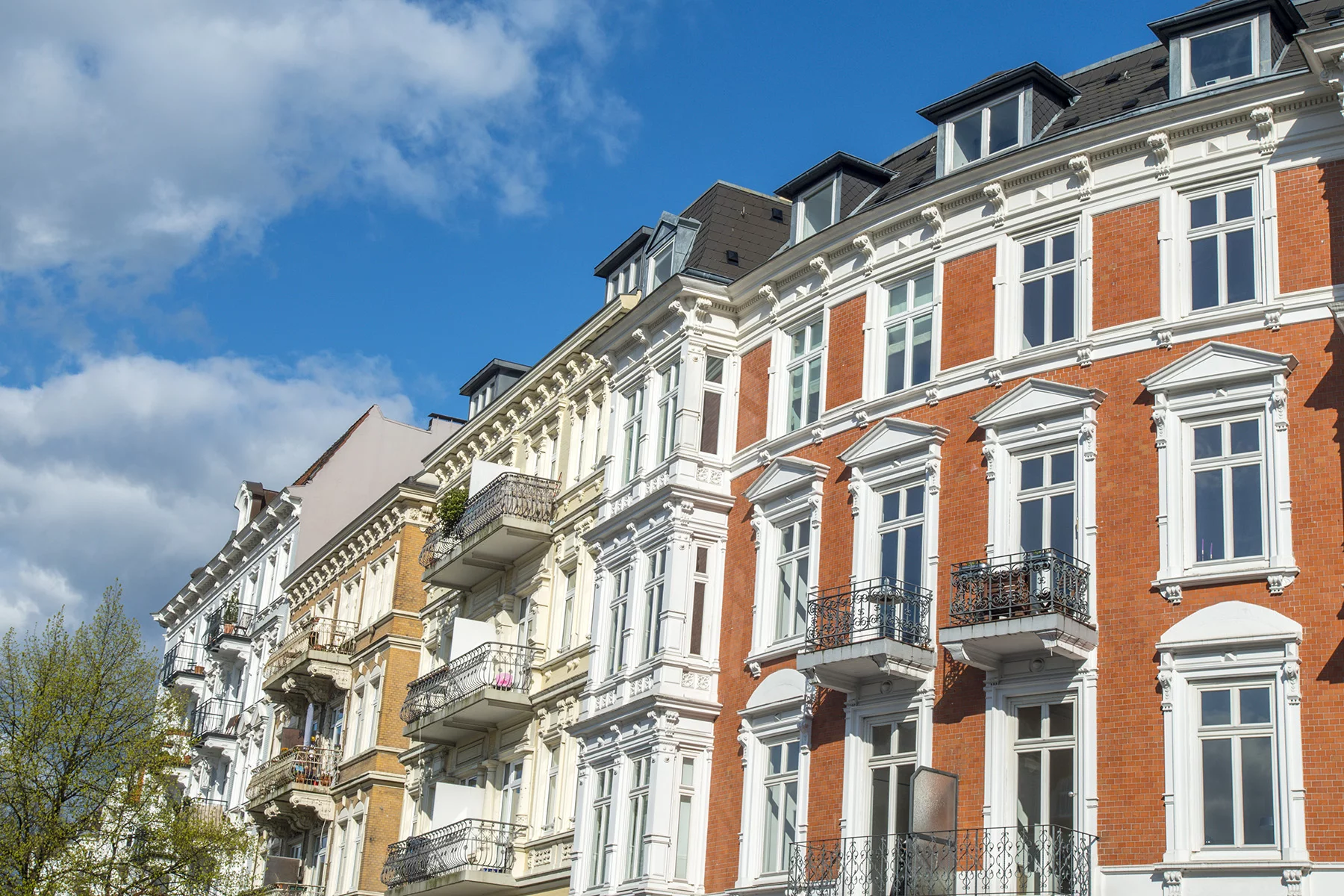
Rising rent prices have resulted in residents spending more of their income on housing. Figures from the Federal Statistics Office (Destatis) show three million German households spend at least 40% of their monthly income on rent, while 1.5 million spend more than 50%.
Many German residents rent homes due to high house prices. The IFO Institute forecasts that house prices in Germany will increase by 7.2% per year over the next decade, making it harder for tenants to get on to the property ladder.
Popular places to rent in Germany
Berlin
Germany’s capital city offers a unique blend of the old and new, with beautiful architecture, arts and culture, and plenty of green spaces.
Berlin is one of the most popular places to rent in Germany – a staggering 85% of residents live in rental accommodation. However, the city has been in the grips of a housing crisis, and rents increased by 44% between 2016 and 2023.
Furthermore, Berlin has a high housing occupancy rate, making it difficult for tenants to find properties. The property portal ImmoScout24 says average rent prices in Berlin were €11.88 per square meter for an apartment and €15.93 per square meter for a house in the third quarter of 2023.
If you’re searching for a property in Berlin, the city’s central neighborhoods are the most expensive, with more affordable accommodation in the suburbs.
Munich
Munich is the capital of Bavaria and is consistently voted one of the best places to live in Europe. In 2023, it ranked seventh in Mercer’s top 10 cities for quality of living. Munich received good marks for culture, transport, and economic prosperity.
However, Munich’s popularity comes at a price. It is the most expensive city to rent a home in Germany and prices have been rising. Data from ImmoScout24 shows asking rents for existing apartments in Munich have reached €18.72 per square meter.
Hamburg
Hamburg is one of Germany’s biggest cities. It is most recognizable for its bridges and canals and has a long and storied arts and music history.
Tenants renting in Hamburg can benefit from more living space than those in Berlin. Rent prices in Hamburg are considerably cheaper than Munich and slightly cheaper than Berlin, at €12.11 per square meter.
Renting vs buying in Germany
Whether you rent or buy a home in Germany depends on your circumstances. When you first move to Germany, you may wish to rent to give you time to assess your options and decide where to live.
If buying a home is feasible for you, you’ll be pleased to know that there are no restrictions on expats buying German property. Homeowners in Germany tend to remain in their homes for a long time, rather than buying progressively bigger properties.
If you do buy a home, you’ll need to factor in a series of charges on top of the price of the property. The most costly is property transfer tax (Grunderwerbsteuer), charged at a rate of between 3.5% and 6.5% of the value of the home.
Additionally, you’ll need to pay notary fees and a share of estate agent fees. Overall, you should budget an additional 10% on top of the price.
On the whole, renting is cheaper in the short term but buying property can be a wise long-term investment if it’s available to you.
German types of rental property
The vast majority of rental properties in German cities are apartments. If you’re looking for a larger family home, you’ll need to look in the outskirts or more rural areas.
Most apartments are available unfurnished, sometimes very literally. Many apartments don’t contain appliances or fittings, let alone curtains and blinds.
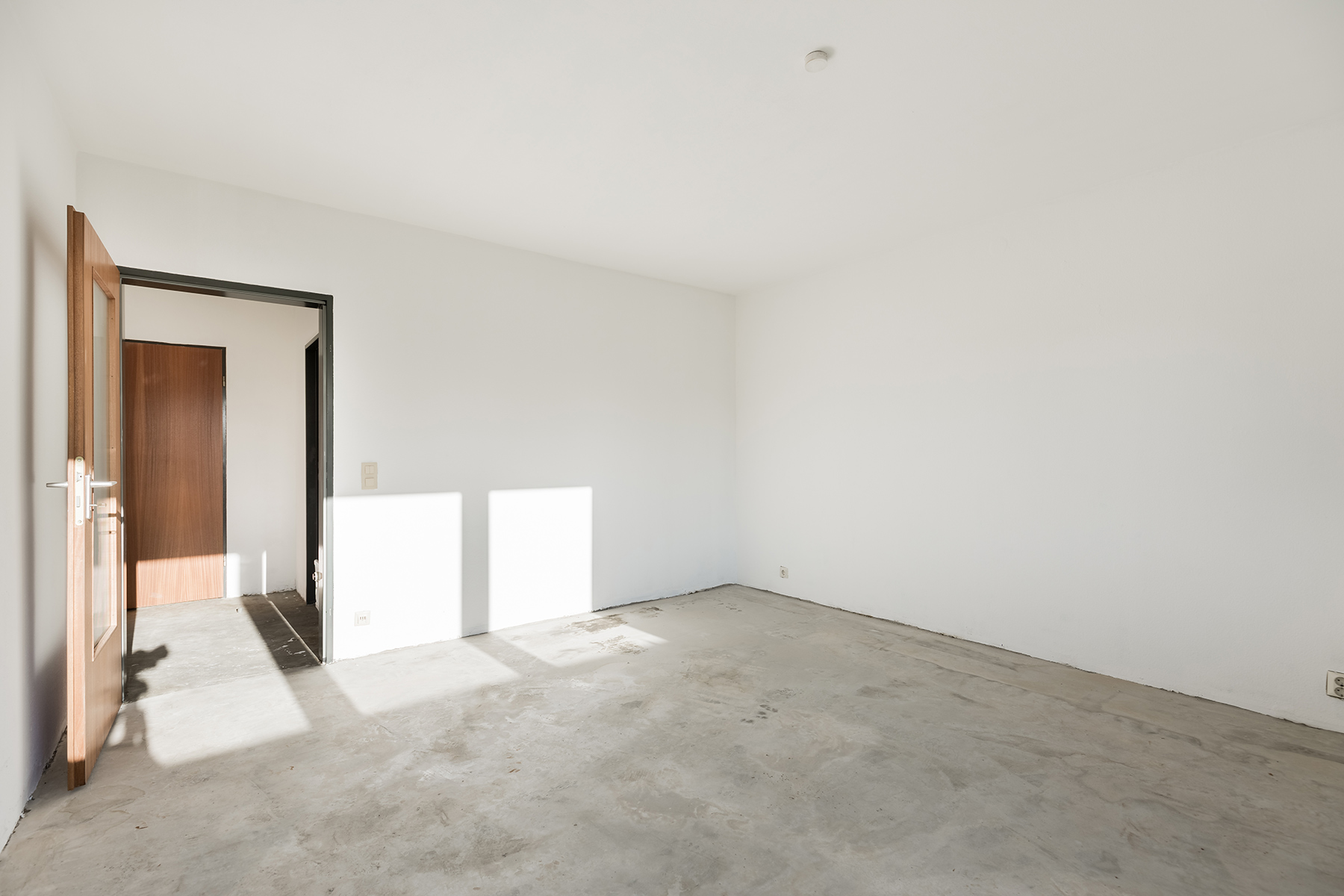
There are several types of German apartments. These include larger homes or townhouses split into apartments (Mehrfamilienhaus) and purpose-built apartments (Wohnblock). You may also come across the term Wohnsilo. This is a slightly derogatory term for a tower block and refers to buildings with eight or more floors.
How to finding a place to rent
Most rental apartments in Germany are available through estate agents. However, you can also rent directly from private landlords.
Some of the most common ways to find an apartment are listed below, but if you’re struggling to find somewhere to rent, you might consider looking on local Facebook groups for available properties or recommendations. It’s also worth utilizing word of mouth, as one of your friends or colleagues may have heard about a property that’s soon to be available.
Online portals
Online property portals are a popular way to find homes in Germany. Some sites are only available in German, but you can translate them using Google.
Some of the most well-known housing portals in Germany include:
Property agents
Estate agents in Germany usually list properties on online portals, their websites, in branches, and sometimes in local newspapers. Agents are employed by the landlord, not the tenant, so you won’t need to pay agency fees to rent a property.
Listings usually state the size of the property in square meters of living space (Wohnfläche), the number of bedrooms (Schlafzimmer), and bathrooms (Badezimmer). Some listings may include the total number of rooms (typically not including bathrooms), the property’s energy rating, and the year it was constructed.
If the apartment has a kitchen, the listing should include the letters ‘EBK’ (Einbauküche). Pay close attention to the wording: if a listing mentions that an apartment has a sink, it might only have a sink in the kitchen and no other appliances.
Furnished rentals and flatshares
Flatshares (Wohngemeinschaft) are often informal. They can be found through flatsharing websites, forums, and message boards. Sub-letting is legal in Germany and can be an option for temporary accommodation. However, remember that it’s important to have a contract so you can invoke your rights as a tenant.
The following online portals can help you find furnished rentals, flatshares, and other temporary accommodation:
When checking out listings, look for the phrase ‘Zweck-WG.’ This means the room is being let for the sole purpose of splitting bills. However, if the listing states ‘Keine Zweck-WG,’ this means the existing flatmates are also looking for someone they can socialize with.
Student housing in Germany
Student housing in Germany includes a mixture of university and private accommodation. University residences usually consist of rented individual rooms and shared amenities such as bathrooms and kitchens. Halls of residence are usually the cheapest housing option for students, so they are in significant demand.
You can apply for student accommodation via your local student union (Studierendenwerk) or your university’s international office. There are 57 student unions across Germany, and most university halls of residence are run by their local union.
Some students in Germany opt to live in a flatshare or rent privately rather than university accommodation. However, it can be difficult for students to compete in the private rented sector, and rent costs are considerably higher. If you are considering this option, it’s worth checking out student-oriented platforms such as:
How to rent a property in Germany
Renting through a property agency
The German property market is competitive, so it’s important to get all your documentation in order. When applying for a property, expect to submit:
- An application form (these are usually handed out at the viewing)
- Copies of your photo ID and residence permit, if you require one
- Proof of income (Einkommensnachweis) – usually your wage slips from the last three months
- A certificate from your previous landlord confirming you have no outstanding rent due (Mietschuldenfreiheitsbescheinigung)
- Your credit report, which you can order online through Schufa
If you don’t have one of these documents, you should indicate the reason on your application. You may be able to improve your chances of success by including a letter from your employer (instead of proof of income) or asking a friend or relative to act as a guarantor (if you have no reliable income, for example, if you’re a student).
Renting directly through a private landlord
While most properties are let through agents, it is sometimes possible to rent directly through a landlord. In some instances, apartments are rented via word-of-mouth, with outgoing tenants suggesting replacements to their landlord before they move out.
The most important thing if you’re renting directly from a landlord is that you have a binding tenancy agreement to ensure you have the relevant rights and protections.
What are typical rental costs in Germany?
Monthly rent
German tenancy agreements may specify a ‘cold’ rent (Kaltmiete) and a ‘warm’ rent (Warmmiete). The Kaltmiete is the standard price, without additional costs (such as utilities and maintenance).
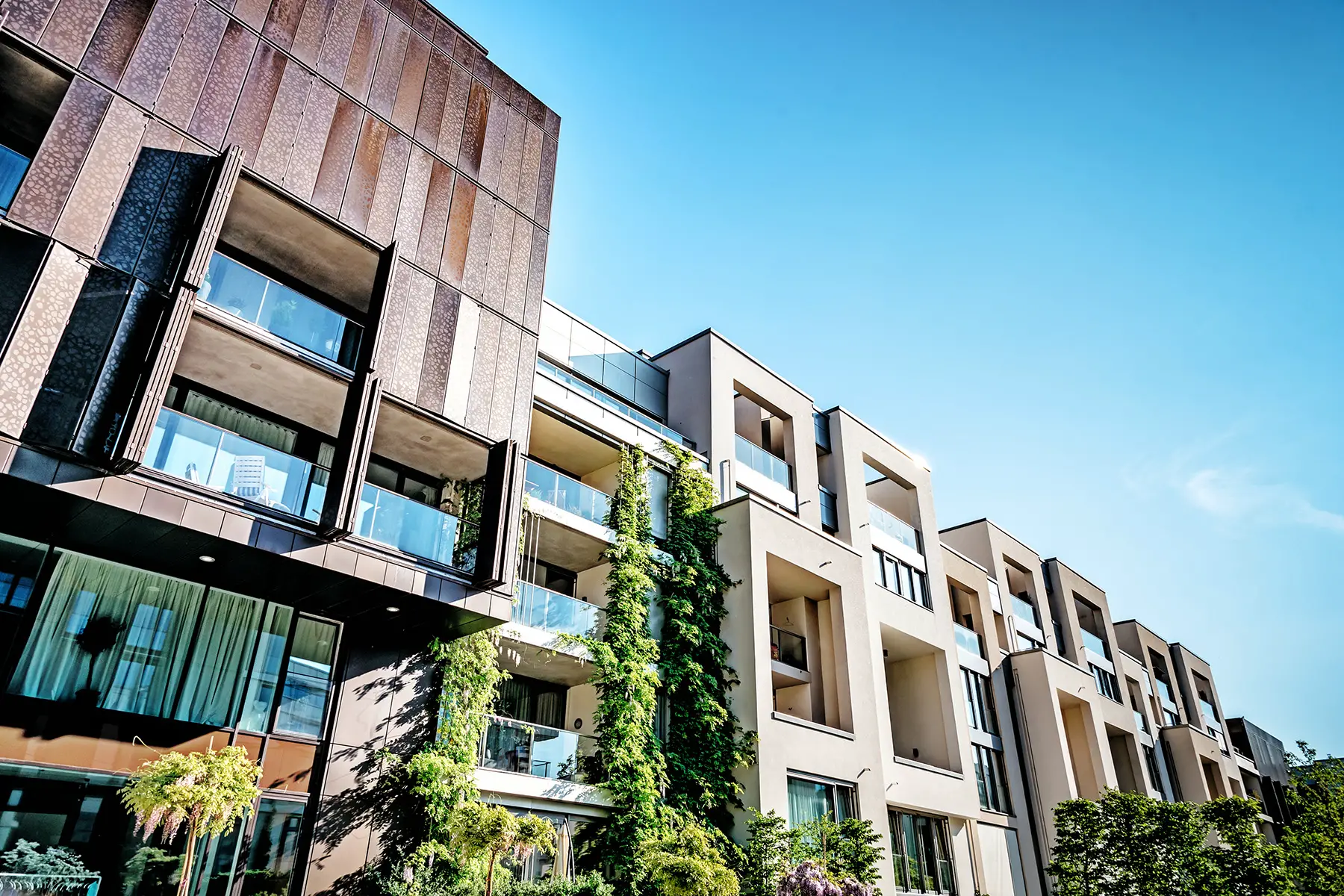
How much you’ll get for your money varies depending on where you’re planning to live in Germany. In each city, you can easily double or triple the estimated minimums by looking for a central location or a larger family property.
Average rent costs
Average rents in Germany are typically specified as a cost per square meter. According to ImmoScout24, existing apartments cost an average of €8.56 per square meter in the first quarter of 2024. Hamburg saw the largest percentage increase in this quarter (3%).
It is sometimes possible to negotiate on rent, though this depends on the market. Some landlords may accept a lower rent if you make other sacrifices, such as agreeing to a longer tenancy period or carrying out improvement work. While this may sound strange, remember that it’s common to rent a home for the long term in Germany.
The rent control law (Mietpreisbremse – link in German) applies in all major cities. This means landlords cannot set asking rents more than 10% higher than the average for the area. Exceptions apply for new-builds and newly renovated apartments.
Rental deposit
A deposit (Kaution) is standard in Germany. The amount requested is usually two or three months ‘cold’ rent. Deposits can be paid up-front or in three monthly installments (in German). Landlords cannot ask for more than this and must protect the deposit in a secure account throughout the tenancy period.
Deposits protect the landlord if the tenant damages the property. The deposit must be returned minus any agreed deductions when you move out.
Other costs
Estate agent and advertising fees are paid by the landlord. However, you might need to take out insurance if you’re renting a furnished apartment. This covers damage or theft to items in the property.
If the property is unfurnished, you may wish to take out contents insurance to protect your belongings. Your landlord should have building insurance in place to protect the property itself against damage (for example, from fires or floods).
Help with costs
Germany offers a housing benefit (Wohngeld) to low-income households. Both tenants and owners of residential buildings can apply for this subsidy. Your entitlements depend on your income, where you live, and the number of people in your household. To find out more and apply, visit the Sozialplattform.
If you are in danger of losing your home due to being unable to pay rent, you can contact your local housing aid association. Advice and support are provided free for people with housing emergencies. In some instances, your local social welfare office or job center may agree to take on your rent arrears in the form of a loan you can repay in the future.
Does Germany have social housing?
The German government provides housing assistance to support residents who can’t afford to rent a property on the open market. This includes low-income households, older people, disabled people, and those without a home.
The government subsidizes the building of social housing apartment blocks, which are offered at lower rent prices. Germany’s provinces are in charge of delivering social housing in their areas.
To qualify, you must be a long-term German resident. Provinces set a maximum income cap for applicants, which may vary from area. The limit will usually be set based on a single person income or the income of a two-person household. The threshold may be increased if the applicant has children.
To apply, fill out a form at your local authority’s housing department and you’ll receive an eligibility certificate. Bear in mind that waiting lists can be extremely long, especially in large cities.
Rental or tenancy contracts in Germany
Both fixed-term (limited, or befristet) and indefinite (unbefristet) contracts are available in Germany. Fixed-term contracts have a set move-in and move-out date and aren’t always renewed upon expiry. Contracts should stipulate what type of tenancy applies, notice periods for ending the contract, and potential future rent increases.
Fixed contracts are common in student housing, or in instances where the landlord has a specific reason for setting a move-out date, for example if they plan to sell the property or move into it themselves.
Most tenancies are indefinite. This means that once the tenancy has begun, the landlord can only end it by evicting the tenant through the courts or giving notice.
Tenant rights and obligations
German law is broadly in favor of the tenant. If you have an issue with your landlord, contact the German Tenants’ Association (DMB) or find your local tenants’ association (Mietervereine).
Increasing rents in popular urban areas mean that some landlords and developers have an interest in changing tenants to increase the rent. This led to some unscrupulous tactics, including failure to properly maintain the building. Legal methods are also possible, including paying tenants to leave.
The minimum notice period can be anywhere from three months (if you have lived in the property for less than five years) to nine months (if you’ve lived there for more than eight years).
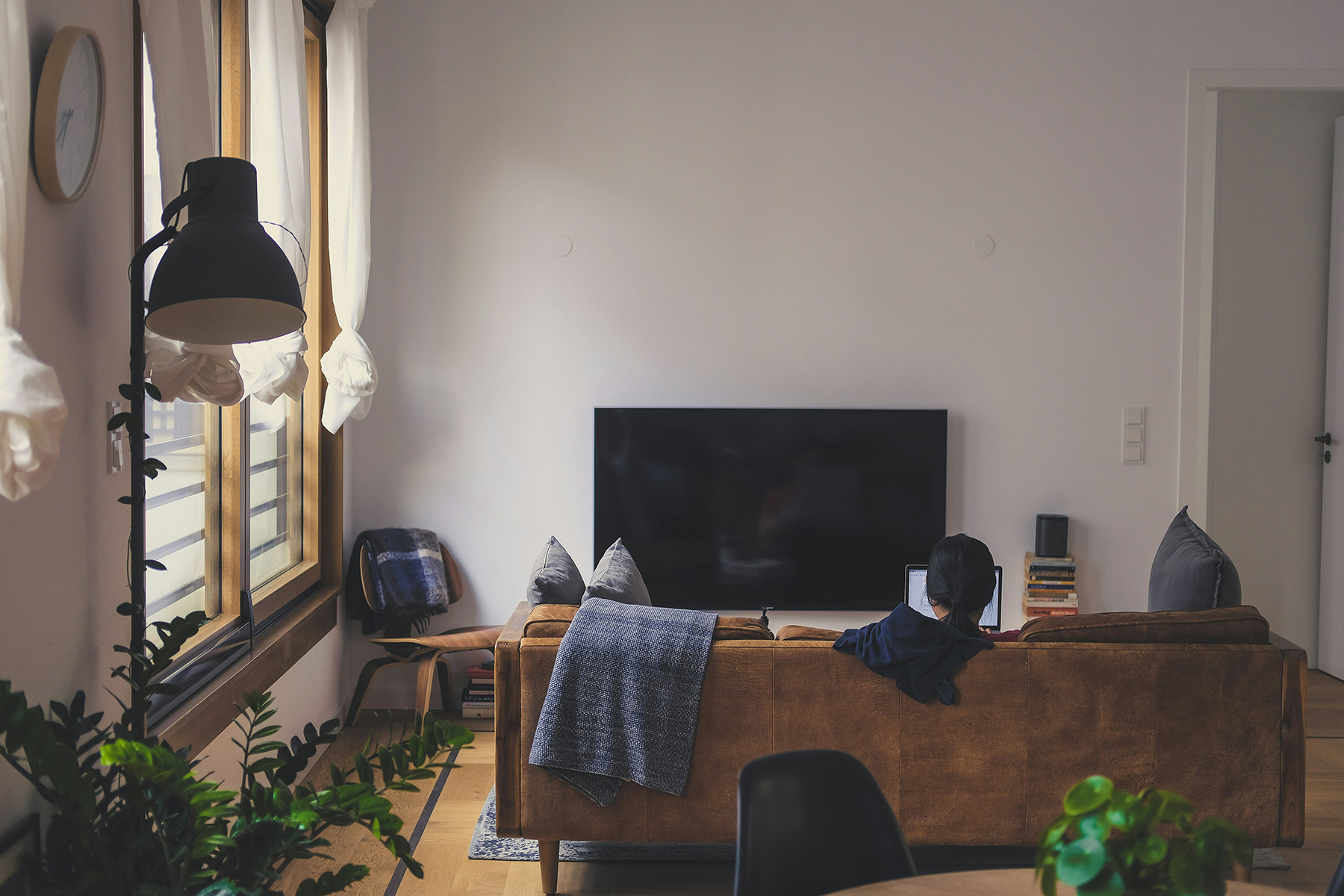
The tenant can contest this notice, as the landlord must have a good reason. Likewise, rent increases require justification unless they follow a course in the tenancy agreement. As a tenant, you can give notice according to the terms of your contract. A three-month notice period is typical.
Some cities, including Berlin, have strict limits on the amount that rent can be increased over a given period, so if you find yourself facing a sudden rent increase after you’ve already signed a tenancy agreement, it’s important to seek advice. As a tenant, you have the right to request information (in German) from the landlord if you believe your rent is too high.
Landlord rights and obligations
Landlords in Germany are responsible for the quality of the homes they let out. This means they must repair defects that affect the property’s habitability within a reasonable period of time. Tenants may have a right to withhold rent temporarily if the landlord fails to conduct required maintenance.
Landlords must also provide notice that they wish to enter the property, for example for an annual inspection. Tenants can only sub-let properties with the landlord’s written consent.
A landlord has the right to evict a tenant for not paying their rent after two months. However, the eviction process is slow, taking more than six months in some cases.
Utilities and telecommunications in Germany
Utility costs do not typically appear in the advertised rent, but this should be confirmed in the tenancy agreement. The Warmmiete (warm rent) includes heating and other costs (Nebenkosten) such as management fees and utilities in common areas.
Other utilities, such as energy and broadband, are usually paid separately by the tenant and are therefore not included, apart from in student flats and sublets.
Moving in and moving out of a rental home
You should complete an inventory report and inspection when you move in and out. This must accurately describe the contents of the property and its condition. Tenants are typically allowed to decorate, including painting walls. However, tenants must return the property to a neutral state (usually white walls) and remove any items they have added (such as carpets or curtains) before moving out.
When moving in or out, it might be worth enlisting the help of a relocation company. If you’re making a small move or need help with cleaning, online platforms such as TaskRabbit can offer you some assistance.
Property-owners in Germany: how to rent out your home
Tenancy periods in Germany are very long, so if you’re considering purchasing a buy-to-let property, or want to rent out your own home, you must be in it for the long haul. Additionally, you’ll need to adhere to the property owner’s responsibilities specified earlier.
There are also some costs involved in buy-to-let, most notably estate agent fees. These can amount to two or three months’ worth of rent. Additionally, you’ll need building insurance in case of damage to the property.
Property owners in Germany must pay income tax on the rental profits they derive from buy-to-let property. This is charged at the standard income tax rates, plus a 5.5% solidarity surcharge. Costs incurred in letting the property, such as estate agent fees, can be offset. If you sell a buy-to-let property, you may need to pay capital gains tax.
Tips for people renting in Germany
Before renting a property in Germany, follow these five tips:
- Always view the property before putting down a deposit or signing a contract.
- Read the tenancy agreement in full and raise any questions or issues with the landlord or their agent before signing.
- Pay particular attention to what costs are included in the rent, such as utilities.
- Before you move in, carry out an inspection of the property and ensure you have photographic evidence of any damage.
- On the day you move in, take meter readings so you’re not overcharged for utilities.





